Certification has become an important part of the optometric career advancement process because it demonstrates that an individual possesses a level of competence that is required to be successful in the industry. While certification in and of itself does not expand one’s knowledge or skill set, it does serve as an indication of whether or not someone is competent to perform the job. Employers commonly use certification as a metric by which they critically assess an individual’s suitability for available positions.
Paraoptometric professionals who have been certified can generally expect to have more job opportunities available to them. Optical employers prefer to hire credentialed applicants because they know that they require less training and support. Employers also realize that many customers respond better to employees who can demonstrate that they have met national standards of competence. Certified employees are an important asset to a business because they represent a marketing advantage over the competition that can be used to attract and retain customers. These factors also lead to higher salaries for paraoptometric staff.
Paraoptometric Certification Options
The Commission on Paraoptometric Certification (CPC) is the nongovernmental agency that provides opportunities for optometric professionals to obtain voluntary recognition for their knowledge and understanding of the industry. For those who are unfamiliar with paraoptometrics, these are allied health personnel who work with optometrists to provide high-level eye care to the community. Some of the tasks that make up the paraoptometric job description include office procedures, exam assistance, pre-testing, contact lens education, and frame styling. Employees who work in these positions are commonly referred to as optometric assistants or optometric technicians.
The CPC offers three general certification options including the Certified Paraoptometric (CPO), Certified Paraoptometric Assistant (CPOA), and Certified Paraoptometric Technician (CPOT). Each type of certification has been designed to assess an individual’s knowledge and skills relating to specific responsibilities within the profession. Obtaining the designations listed above will often improve one’s ability to secure employment and can lead to enhanced recognition and greater autonomy within the workplace.
Certified Paraoptometric (CPO) Certification
The certified paraoptometric certification exam demonstrates an understanding of the most fundamental tasks expected of an optometric employee. Competencies at this level of practice include tasks such as appointment scheduling, patient recall, insurance and payment processing, and telephone etiquette. Individuals who wish to voluntarily complete CPO certification must have a high school diploma or GED and at least six months of experience in the eye care industry.
The certification examination consists of 100 multiple choice questions covering a variety of topics. The exam fee is $265 with a $200 rescheduling fee. More in-depth details relating to this level of certification can be found in the CPO Handbook.
Certified Paraoptometric Assistant (CPOA) Certification
CPOA certification represents a comprehensive understanding of a more advanced set of common optometric technical responsibilities. Competencies covered by this level of certification include documentation of patient histories, visual acuity, keratometry, glaucoma screening, blood pressure reading, and pupillary distance measurement. Individuals who wish to voluntarily complete CPOA certification must currently possess CPO Certification and demonstrate that they have a minimum of six months experience as a CPO.
The certification examination includes 200 multiple choice questions covering practice management, office procedures, ophthalmic optics, dispensing, refraction, ocular anatomy, and ocular physiology. The exam fee is $285 or $200 for individuals who meet student eligibility criteria. More in-depth details relating to this level of certification can be found in the CPOA Handbook.
Certified Paraoptometric Technician (CPOT) Certification
CPOT certification represents a comprehensive understanding of all the tasks covered by CPO and CPOA certification with the addition of ordering prescription eye wear, contact lens modification, eye photography, and staff supervision. Individuals who wish to voluntarily complete CPOT certification must currently be certified as a CPOA and demonstrate a minimum of six months experience as a CPOA in the eye care industry.
The certification process consists of both a written and practical examination. The written examination contains 225 multiple choice questions and the practical examination consists of three hands-on stations. Skills tested by the practical exam include case history and pre-testing, blood pressure measurement, contact lens modification, tonometry, pachymetry, dilation, lensometry, base curve measurement, and pupillary distance measurement. The written examination fee is $285 and the practical examination fee is $265. Extensive details of each exam can be found by reviewing the CPOT Handbook and the CPOT Practical Handbook.
The CPC does offer an additional type of certification for paraoptometric coders. Optometric employees who work as coders are responsible for making sure that documentation of all patient diagnoses and procedures meet standard requirements. This process is important for making sure that providers are reimbursed for their work in a timely and accurate manner. It also serves as a defense against compliance audits performed by the government and insurance companies.
The Certified Paraoptometric Coder (CPOC) Certification Examination is an open-book exam that consists of 125 multiple choice questions. The exam is two hours in length and costs $265 with a $200 rescheduling fee. Details of the exam can be found in the CPOC Handbook.

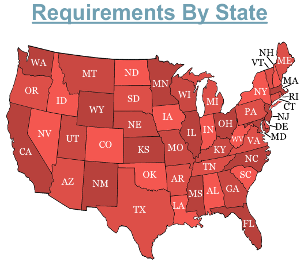

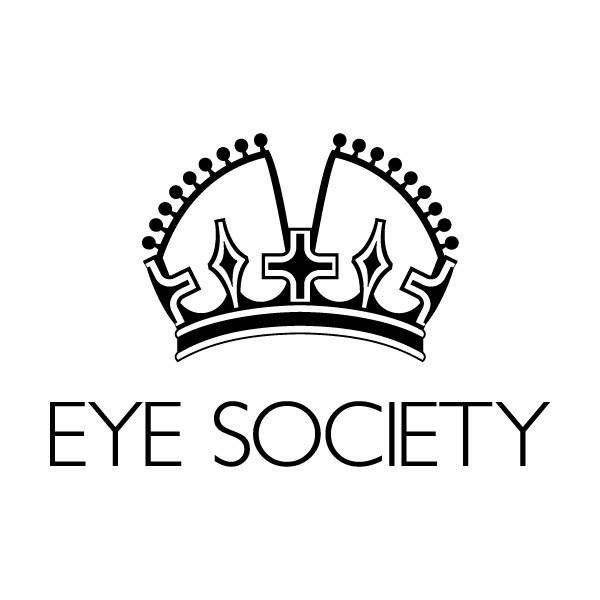

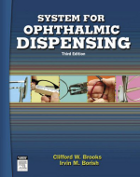
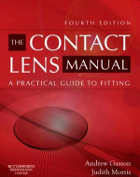
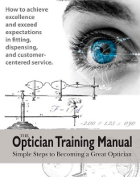

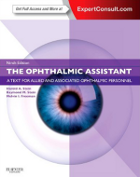
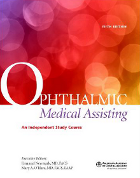
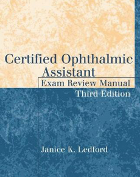
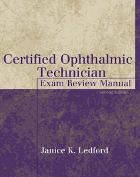
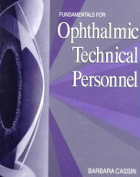
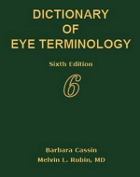
I was wanting more information